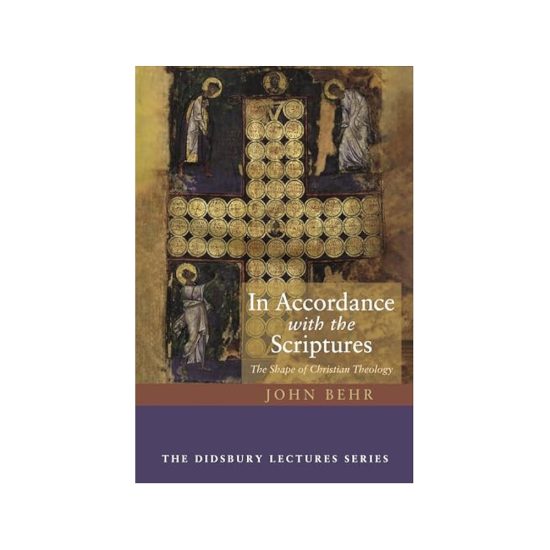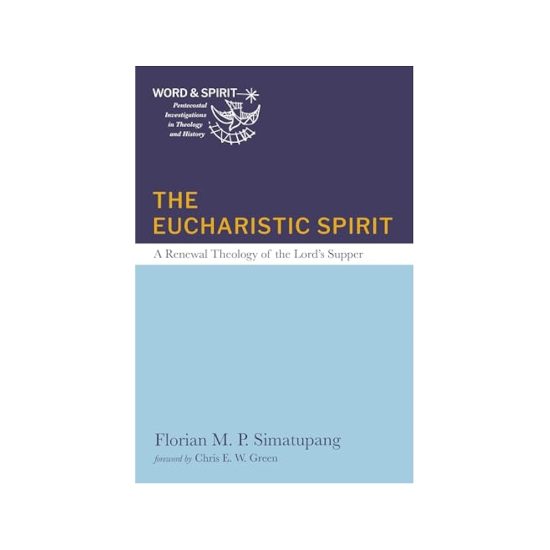

DELIVER US: Salvation and the Liberating God of the Bible (The Walter Brueggemann Library). By Walter Brueggemann. Edited by Davis Hankins. Louisville, KY: Westminster John Knox Press, 2022. Xvi + 211 pages.
Walter Brueggemann has been one of the most influential figures in biblical studies and theology for decades. We know him to be one of the foremost Old Testament scholars who has written important commentaries. He has written as well on prophetic preaching and worship. Many of us have had the opportunity to hear his lectures and speeches. So, if you had the privilege of reading, him, meeting him, or listening to him whether it is a lecture or a sermon you need no further introduction to his message and influence. You will know what you’re getting when you pick up a book with Brueggemann’s name on it.

Robert D. Cornwall
Now that Walter Brueggemann, the William Marcellus McPheeters Professor Emeritus at Columbia Theological Seminary and an ordained United Church of Christ minister, has largely retired from speaking and writing, efforts are underway to gather his works, especially his less well-known works together to make them accessible to new generations. In pursuit of this cause, Westminster John Knox Press has created a new series of books titled The Walter Brueggemann Library. Deliver Us is the first volume in this series, edited by Davis Hankins, Associate Professor of Religious Studies at Appalachian State University.
Deliver Us, the book under review here, carries the subtitle Salvation and the Liberating God of the Bible. When we think of salvation, often our thoughts go to traditional ideas about getting to heaven. Soteriology involves such things, but it’s a much broader category. In Deliver Us, Brueggemann speaks to this broader understanding of salvation, especially as it reflects God’s actions in liberating people from bondage. Here we can see how his work on the Old Testament (Hebrew Bible) has influenced his view of salvation. Work on texts such as Exodus, Jeremiah, and Isaiah, enables him to see how God might be active in liberation efforts, especially on behalf of Israel. The very first chapter of this collection is titled “Exodus from Egypt: Emancipation from Anxiety and Exploitation.” In this chapter, Brueggemann reveals his understanding of salvation: “When we come to the question of salvation in the Bible, the exodus story is unquestionably the indispensable starting point” (p. 3).
What we find present in this book is not new material. The editor, Davis Hankins, has taken previously released materials and skillfully interwoven those materials to create something new. So, in Deliver Us, Hankins draws material from such books as Journey to the Common Good and Money and Possessions: Interpretation: Resources for the Use of Scripture in the Church. I’ve read some of the books from which Hankins has created the book, but not others. What I discovered from reading the book is that I couldn’t distinguish the sources. Perhaps someone skilled in redaction criticism could ferret things out, but for the rest of us, this reads as if it is canonical (let the reader understand).
Regarding the series itself, Brueggemann writes in his preface that in creating the series he has “settled on recurring themes (reflected in the organization of this series) that I hope I have continued to treat with imagination, so that my return to them is not simply reiteration but is critically generative of new perspective and possibility” (p, ix). To make the series useful to congregational study groups or personal reflection, each chapter includes several questions for reflection. That is key. This is a book designed to be used by congregations and not just scholars and preachers (though preachers will find much of value).
Regarding this specific volume, Davis Hankins, notes that he aimed to “create some narrative cohesion across four parts.” The first part “focuses on the emancipatory event of the exodus and the circumstances of anxiety, overproduction, explanation, and violent oppression in Egypt from which the Israelites were liberated” (p. xv). The chapters in this section focus on the exodus, with the first chapter subtitled “emancipation from anxiety and exploitation.” The second chapter “Plagues and Manna” focuses on “Salvation through Divine Power and Abundant Generosity.” These chapters are expressive of themes one might connect with Brueggemann’s works and emphases.
Part two focuses on the Ten Commandments (“Initial Instructions at Sinai”). Since the Commandments are often discussed in churches and public life, having some guidance on interpreting and applying the commandments would be helpful to many. So, in this section, Brueggemann covers the “The First Commandments,” the ones focused on “choosing one’s God” (chapter 3). Then in Chapter 4, he speaks about the “Central Commandment,” the one regarding the Sabbath. As for why it is central, according to Brueggemann, it reflects trust in God’s promise of abundance, which leads to anxiety. Thus, “Sabbath is a total antidote to anxiety” (pp. 58-59). Finally, in chapter 4 he focuses on the commandments concerning coveting. Brueggemann writes that “the choice of faithful relationship over commodities is defining for Israel.” The contrast he lays out concerns how God would have us love people and use commodities, while Pharaoh, loves commodities and uses people. (p. 72).
In Part 3, the book moves from the Ten Commandments to the larger legal materials found in Torah. According to Hankins’s construction of the section, Torah develops “the baseline obligations in the Decalogue so that the entirety of Israel’s social life would be centered on the creator God who saved them in the exodus event” (p. xv). The three chapters in this section focus on “Israel’s Liberatory Instructions for Alternative Community” (Ch. 6). Here he takes us through the “Book of the Covenant” (Exodus 21:1-23:19). While the “Book of the Covenant” might have had a life separate from the Decalogue, here in Exodus it serves as a commentary on the commandments. So, in chapter 7 we turn to a reflection on “Neighborly Compassion in the Book of Deuteronomy.” Finally, in chapter 8, we have more conversation about the Deuteronomic Tradition. The message here is that “alternative life and prosperity come from obedience to Torah commands, that is, to neighborly practice, especially toward widows, orphans, and immigrants” (p. 118). For those who envision the God of the Old Testament as being wrathful and violent, Brueggemann reminds us that there is more to the story, requiring us to pay greater attention to that broader story.
Finally, in Part 4 we turn to “The Ongoing Imagination of Liberation.” We began with liberation as a central definition of salvation, and we end with it as well. In these final chapters, we read from Brueggemann about the prophetic imagination he wrote about in earlier books, books many of us who are preachers have imbibed. In this final section, we move from Torah to the narrative and prophetic books, books such as Isaiah and Jeremiah. While much of the book draws on Brueggemann’s work on the Hebrew Bible, he is, after all, a Christian minister, thus, in the final chapter of the book we turn to “The Emancipating imagination of Jesus.” Here Brueggemann focuses on the life and teachings of Jesus, connecting Jesus’ message with that of Moses. In doing this Brueggemann shows us that “the way we love God is to love neighbors in their fullness. Such love and neighborliness will well up in and through all who respond to and strive for God’s salvation” (p. 194).
When it comes to salvation, it appears that soteriology is a much broader theological category than simply getting to heaven. In Deliver Us Brueggemann, with the skillful help of his editor, Davis Hankins, provides a corrective to narrow thinking as to the nature of salvation. That is a welcome word in an age when many have lost sight of the central biblical message of God’s liberating love. We can be grateful not only to Walter Brueggemann for his breadth of interests and accompanying writings that explore those interests on behalf of the church and beyond. We can also share gratitude to Davis Hankins for skillfully interweaving previously published works into something new and insightful that will extend Brueggemann’s influence in the larger church. Through the years Walter Brueggemann has offered guidance to the church, and with this volume and subsequent volumes, we can benefit from that continued guidance as we engage with the world of the Bible and the world of today.
This review originally appeared on BobCornwall.com.
Robert D. Cornwall is an ordained minister in the Christian Church (Disciples of Christ). Now retired from his ministry at Central Woodward Christian Church (Disciples of Christ) of Troy, Michigan, he serves as Minister-at-Large in Troy. He holds a Ph.D. in Historical Theology from Fuller Theological Seminary and is the author of numerous books including his latest “Second Thoughts about the Second Coming: Understanding the End Times, Our Future, and Christian Hope” coauthored with Ronald J. Allen. His blog Ponderings on a Faith Journey can be found at www.bobcornwall.com.






